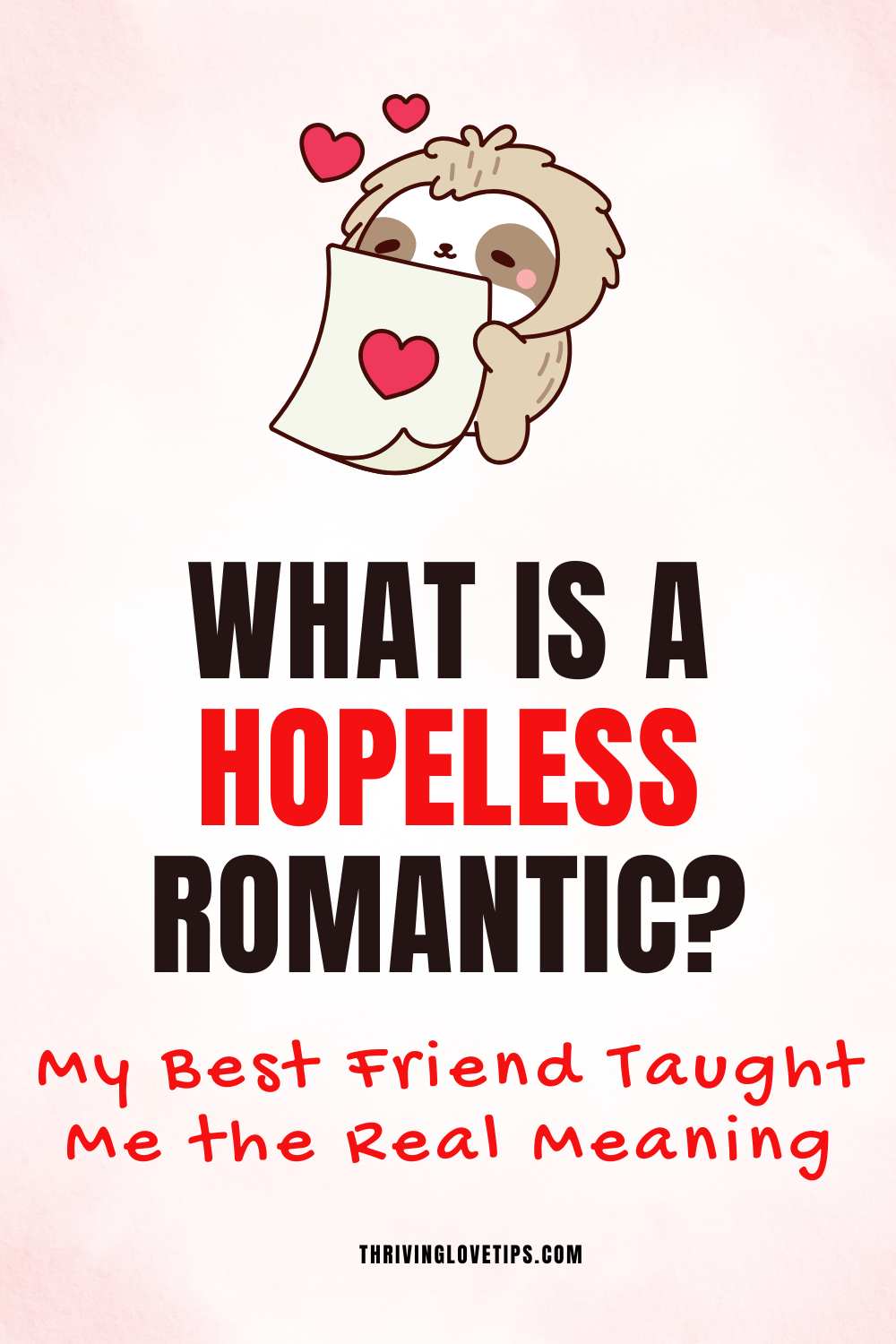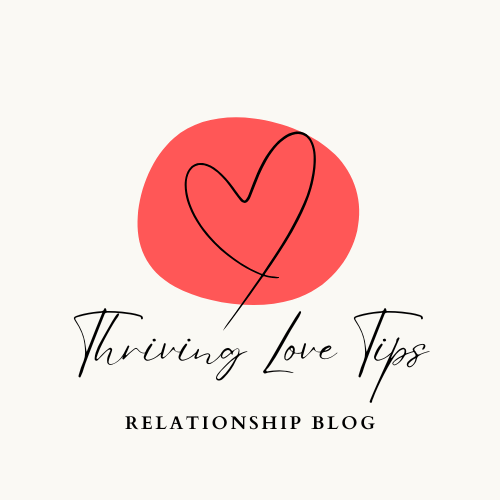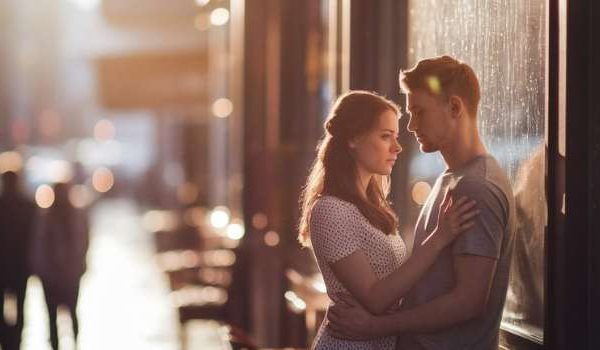My best friend Emma has been in love with the idea of love for as long as I’ve known her. In college, while the rest of us were going to frat parties and complaining about the dating scene, Emma was writing love letters to guys she’d been on two dates with. She cried during every romantic movie, believed in soulmates with the conviction most people reserve for religion, and genuinely thought that love could conquer any obstacle. We used to tease her mercilessly about it.
“You’re such a hopeless romantic,” I’d say, rolling my eyes as she defended yet another guy who’d ghosted her by insisting he must have had a good reason.
“I know,” she’d reply, completely unapologetic. “And I wouldn’t want to be any other way.”
Now, as a married woman with two boys who test my patience and my sanity daily, I look back on those years and realize I completely misunderstood what being a hopeless romantic actually means. And watching Emma’s journey through love, heartbreak, and eventually a beautiful marriage has taught me that there’s nothing hopeless about it at all.

What Does “Hopeless Romantic” Actually Mean?
The term “hopeless romantic” gets thrown around a lot, usually with an eye roll or a patronizing smile. We picture someone unrealistic, naive, someone who believes in fairy tales and grand gestures and happily-ever-afters without any understanding of what real relationships require. Someone whose head is so far in the clouds that they can’t see reality.
But that’s not actually what it means. A hopeless romantic is someone who believes deeply in love, who sees romance as essential rather than optional, and who refuses to become cynical even when they’ve been hurt. According to relationship psychologist Dr. Gary Chapman, author of “The Five Love Languages,” hopeless romantics are people who prioritize emotional connection and maintain faith in love’s transformative power.
Emma embodied this perfectly. Yes, she believed in grand romantic gestures. But she also believed in the quiet, everyday acts of love. She left encouraging notes in her boyfriend’s lunch. She remembered the small details people shared about their lives. She celebrated anniversaries and created traditions. She approached love with intentionality and wonder, even when people told her she was being too much.
The Hallmarks of a Hopeless Romantic
Watching Emma navigate her twenties and thirties taught me what hopeless romantics actually look like in real life. It’s not just about liking romantic comedies or wanting a big wedding, though Emma certainly loved both of those things. It’s a whole orientation toward love and relationships.
They Believe in the Magic
Emma never lost the butterflies. Even in long-term relationships, she’d still get excited to see her partner. She’d plan special dates, dress up for dinner at home, and leave little surprises. When the rest of us settled into comfortable routines with our partners, Emma kept courting hers.
I remember asking her once, three years into her relationship with the man who would become her husband, why she still put so much effort into romance. “Don’t you think it’s a bit much at this point?” I asked, watching her arrange rose petals in their bedroom for their anniversary.
She looked at me like I’d suggested she stop brushing her teeth. “Why would I stop doing the things that make us feel in love?” she asked. And honestly, I had no good answer.
They’re Not Naive, They’re Optimistic
Here’s what I got wrong about Emma for years: I thought her romanticism meant she was naive about relationships. I thought she didn’t understand that real love involves compromise, frustration, boring Tuesdays, and fights about whose turn it is to take out the trash.
But Emma understood all of that. She’d been through breakups that devastated her. She’d been cheated on, ghosted, and disappointed more times than I could count. The difference was that she never let those experiences harden her heart. Where I became cynical and guarded after a bad breakup, Emma would cry, process, heal, and then open herself up to love again with the same enthusiasm she’d had before.
Research by Dr. John Gottman, who has studied thousands of couples over four decades, shows that maintaining positive sentiment override, the ability to give your partner the benefit of the doubt and maintain fondness even during conflict, is crucial for relationship success. Hopeless romantics excel at this. They choose to see the best in their partners and in love itself.
They Feel Everything Deeply
Emma doesn’t do anything halfway, especially when it comes to emotions. When she falls in love, she falls completely. When she’s happy, she’s radiant. When she’s heartbroken, she’s devastated. I used to think this was exhausting and maybe even a little unhealthy. Shouldn’t she protect herself more? Guard her heart a little?
But I’ve come to see that Emma’s emotional depth is a strength, not a weakness. She experiences life in full color while many of us have dimmed our emotional palettes to avoid getting hurt. Yes, her heartbreaks were harder. But her joys were also higher. And in her marriage now, that depth of feeling translates to a connection that most couples would envy.
They Create Romance, Not Just Consume It
One thing that always struck me about Emma was that she didn’t just wait for romance to happen to her. She created it. She planned elaborate scavenger hunts for Valentine’s Day. She wrote actual, handwritten love letters. She made playlists with songs that reminded her of special moments in her relationship. She turned regular days into celebrations.
When I started dating my now-husband, Emma was the one who encouraged me to put effort into the romantic aspects of our relationship. “Romance isn’t frivolous,” she told me. “It’s the thing that keeps you connected when life gets hard and boring and overwhelming.”
She was right. Now, with two young boys and the chaos of daily life, those intentional romantic moments with my husband are what keep us feeling like partners instead of just co-parents managing a household.
The Heartbreaks That Almost Broke Her
Emma’s journey wasn’t all rose petals and love letters. There were relationships that should have worked but didn’t. There was the guy who said he loved her but couldn’t commit. The one who proposed and then got cold feet. The one who was perfect on paper but wrong in reality.
I watched her go through a particularly brutal heartbreak in her late twenties. She’d been with someone for two years, had started planning a future with him, and then he ended things out of nowhere. She was wrecked. For weeks, she could barely function. I remember sitting with her while she cried and wondering if this was finally going to be the thing that made her give up on love.
But even in the depths of that heartbreak, Emma never said, “I’m done with love.” She never said, “All men are terrible.” She never decided to protect herself by closing off her heart. Instead, she said, “This hurts so much because I loved him so much. And that capacity to love is something I’m proud of.”
According to research by Dr. Helen Fisher, biological anthropologist and author of “Why We Love,” some people are neurologically wired to experience romantic love more intensely. These individuals, often labeled as hopeless romantics, have higher levels of dopamine activity in brain regions associated with motivation and reward. Emma wasn’t being dramatic or naive. Her brain literally experienced love differently, more intensely, than others might.
When She Met “The One”
Emma met her husband at a farmer’s market. She was buying flowers (of course), and he was working at his family’s honey stand. She said later that she knew within five minutes of talking to him that he was different. I was skeptical. Emma had said that before.
But this time really was different. Not because he was perfect or because their relationship was without challenges, but because he matched her romantic energy. He wrote her love notes. He planned surprises. He talked about his feelings openly. He didn’t make her feel like she was “too much” for wanting romance and connection and emotional depth.
I’ll never forget their wedding. While many couples do the traditional first dance and call it done, Emma and her husband choreographed an entire dance, complete with a dip at the end that made everyone gasp. It was over-the-top and theatrical and so quintessentially Emma that half the guests were crying. Not because it was perfect (he actually stumbled halfway through), but because it was so clear how much love and joy and hope they were bringing to their marriage.
In her vows, Emma said something that stuck with me: “People have called me a hopeless romantic my whole life. But I’m not hopeless at all. I’m hopeful. Hopeful that love is real, that it matters, that it’s worth the risk. And standing here with you, I know I was right to never give up on love.”
What I’ve Learned from My Hopeless Romantic Friend
Being friends with Emma for over fifteen years has changed how I think about love and romance. I used to think her romanticism was a character flaw, something she needed to outgrow. I thought being practical and guarded was more mature, more realistic, more likely to lead to happiness.
But watching Emma build a marriage that’s full of joy, passion, and genuine connection has shown me that maybe the hopeless romantics have it right. Maybe choosing to believe in love, even when it’s hard, even when you’ve been hurt, even when society tells you to be more cynical, is actually the brave choice.
I’m not a hopeless romantic myself. I’m practical to my core, even in my marriage. My husband and I show love through acts of service more than grand gestures. We’re not writing love letters or choreographing dances. And that works for us.
But I’ve learned to incorporate some of Emma’s wisdom into my own relationship. I write my husband notes sometimes. I plan date nights that feel special. I try to approach our relationship with hope instead of fear, with openness instead of guardedness. I’m not naturally inclined toward romanticism, but I’ve seen its value through Emma’s example.
The Truth About Being a Hopeless Romantic
Here’s what I want to say to all the hopeless romantics out there, the ones who’ve been told they’re too much, too intense, too naive: you’re not hopeless at all. Your belief in love, your willingness to stay open and vulnerable, your commitment to creating romance and connection, these are strengths, not weaknesses.
Yes, you might get hurt more. Yes, you might feel disappointment more keenly. Yes, people might not always understand why you care so much about things they consider frivolous. But you’re also more likely to experience love in all its fullness. You’re more likely to create relationships that feel alive and intentional. You’re more likely to never wonder if you settled or held back too much.
Emma taught me that being a hopeless romantic isn’t about being unrealistic. It’s about refusing to let a realistic understanding of love’s challenges kill the magic. It’s about knowing that relationships require work and choosing to do that work with enthusiasm. It’s about believing that romance matters, that emotional connection matters, that continuing to court your partner after years together matters.
Now, when I’m loading the dishwasher for the third time today and my husband is giving the boys their bath and we’re both exhausted and far from any kind of romantic moment, I think about Emma. I think about how she’d find the romance even in this, how she’d leave a note on my husband’s pillow or plan something special for after the boys are asleep. And sometimes, I do it. Because Emma showed me that hopeless romantics aren’t living in a fantasy world. They’re just refusing to let the real world kill the fantasy. And maybe that’s the secret to love that lasts.




